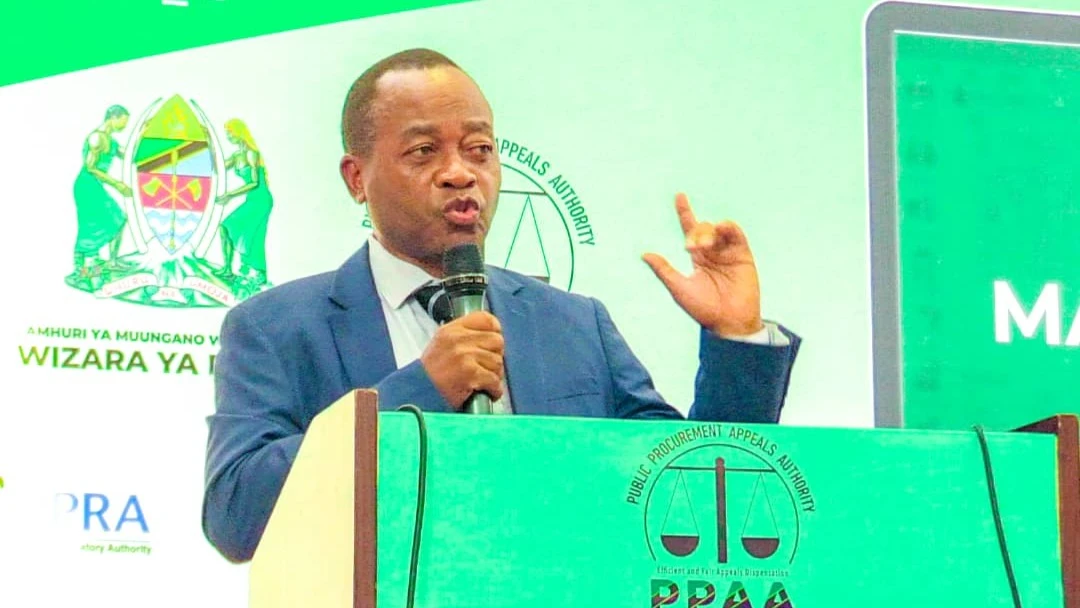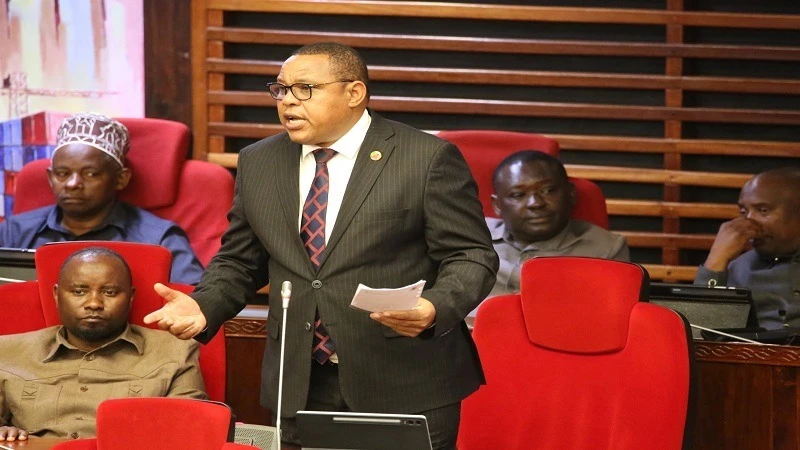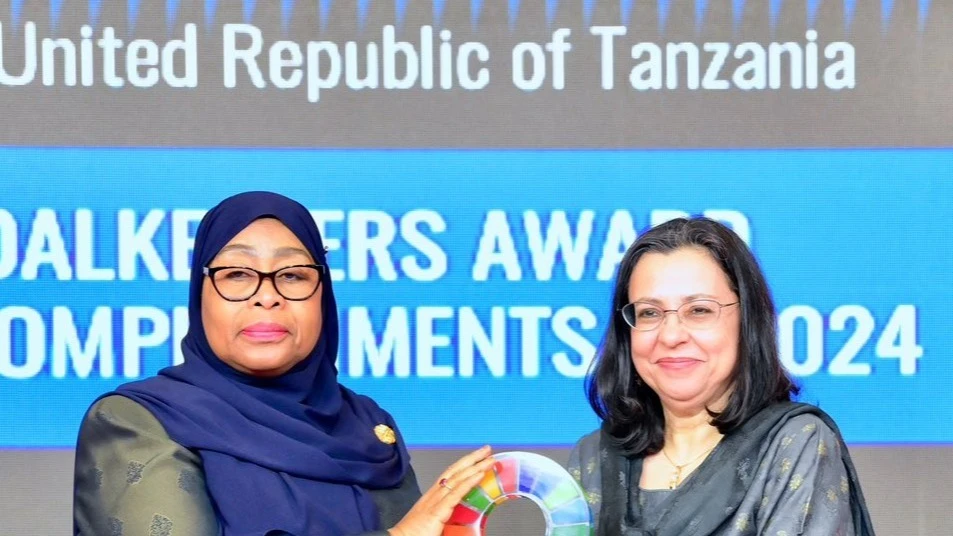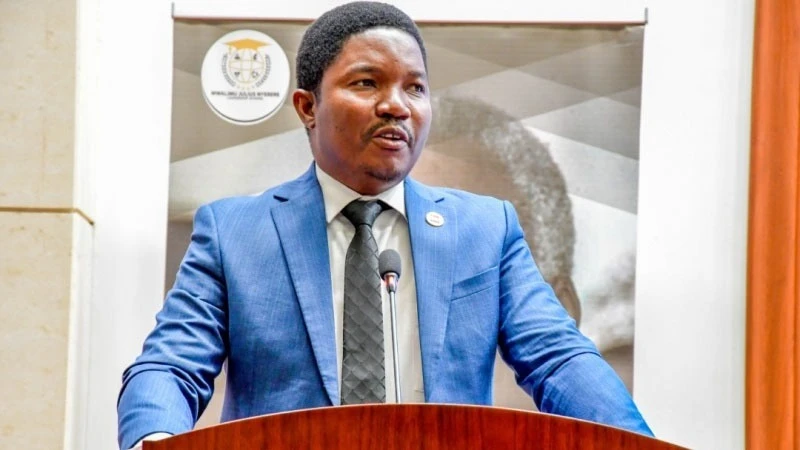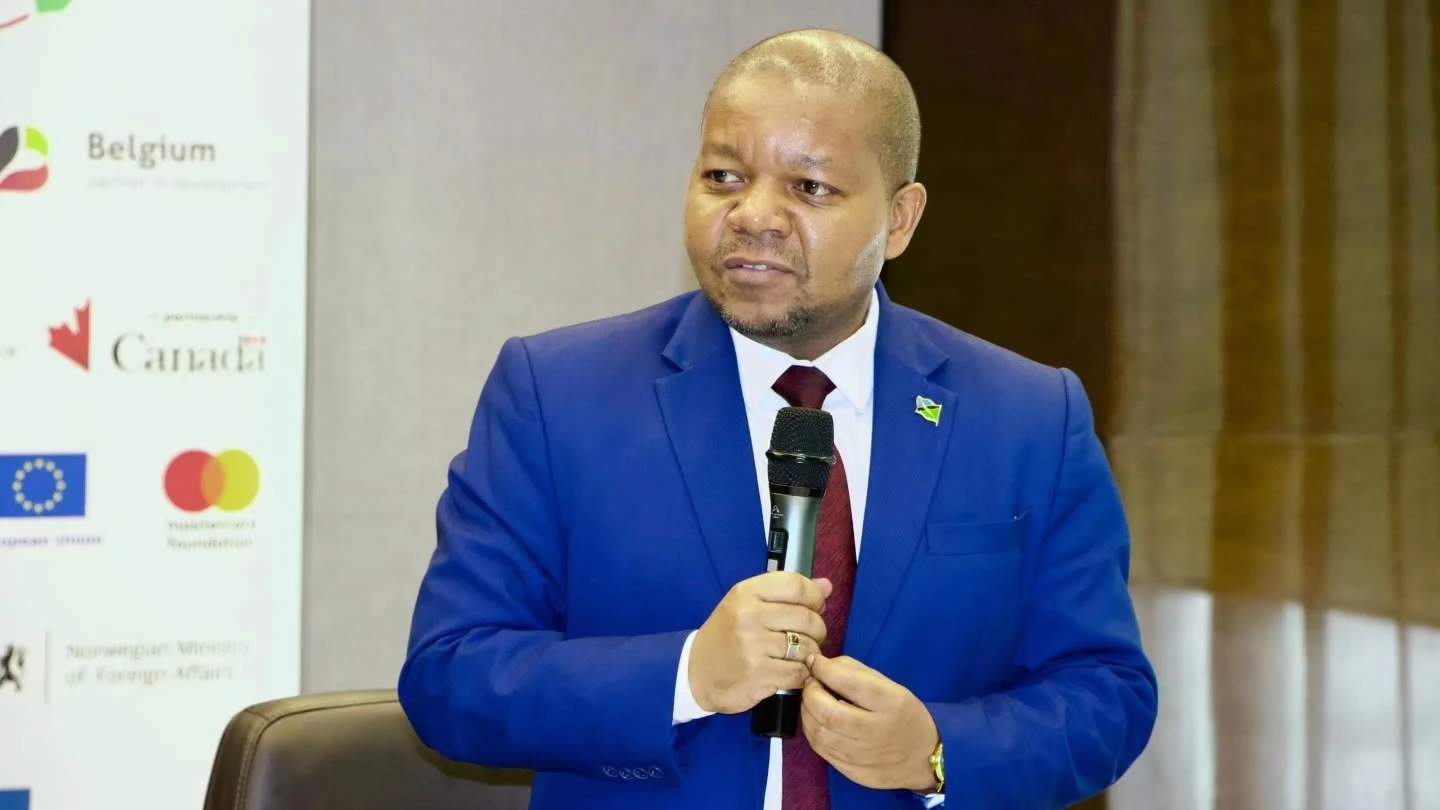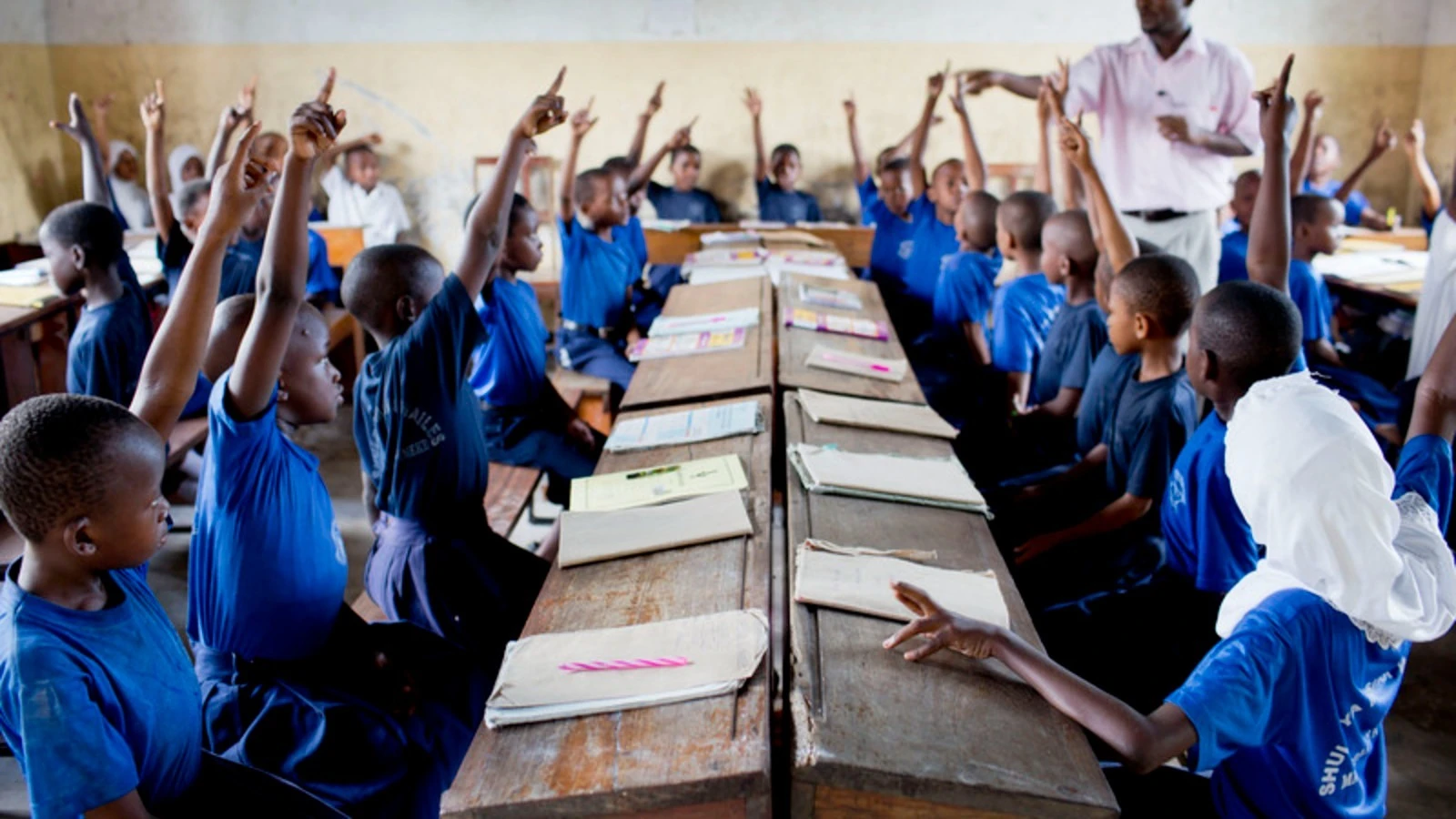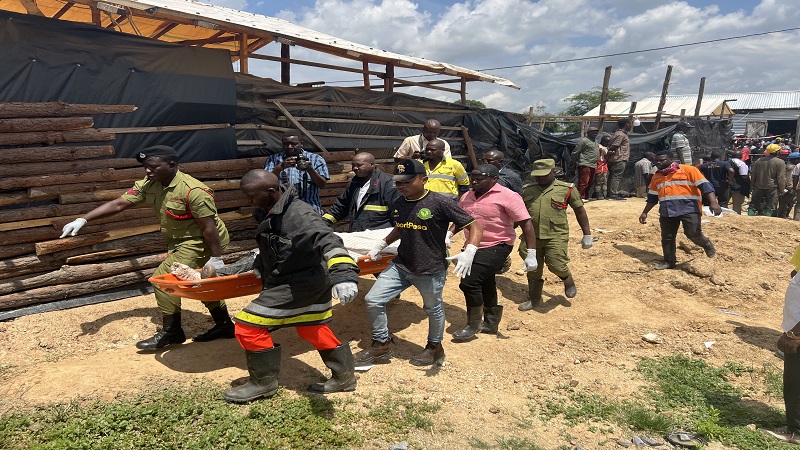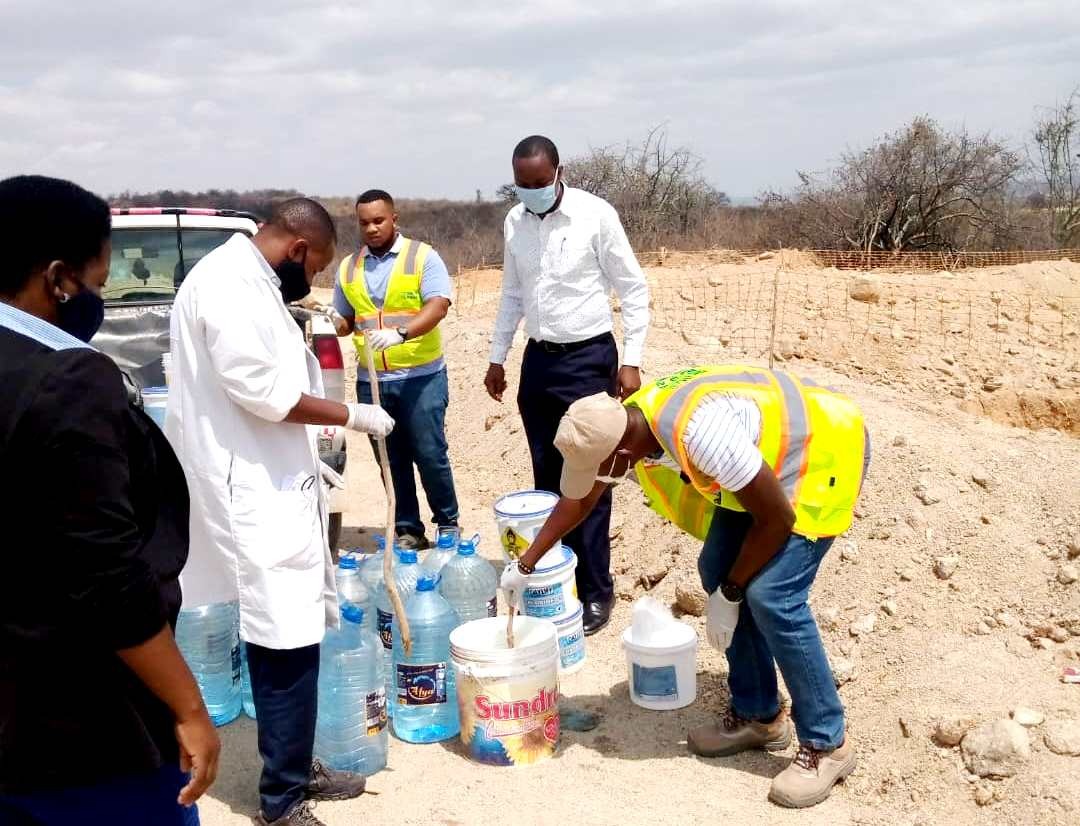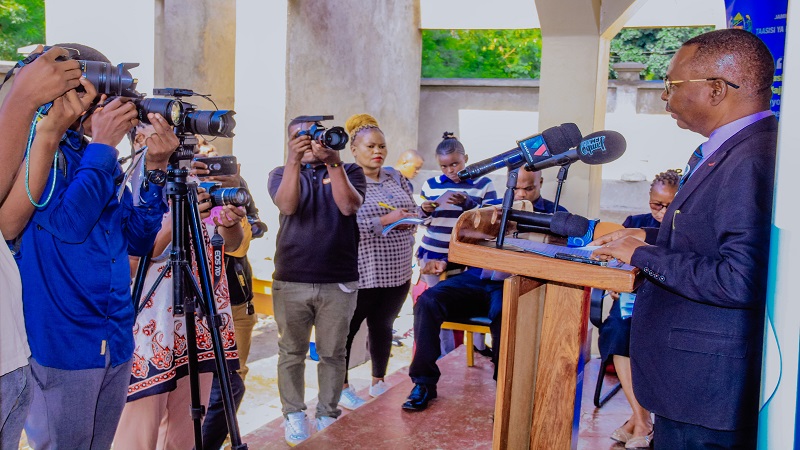‘Government should fund HIV/AIDS response plan’
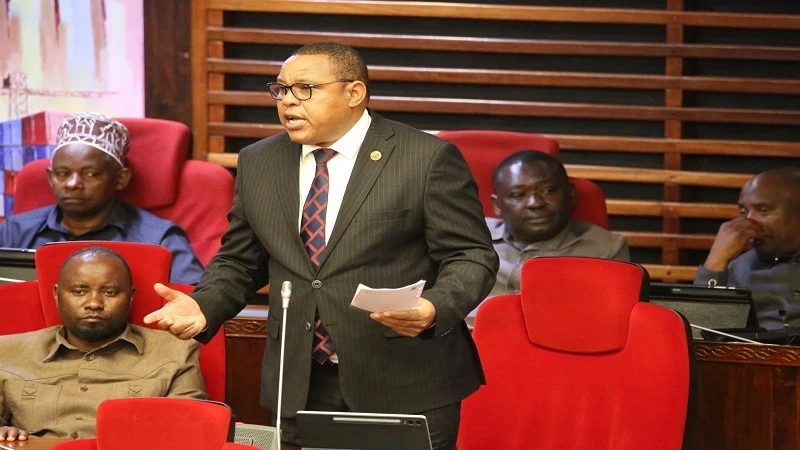
THE National Assembly has called for the government to fully implement its sustainability plan for the HIV and AIDS response to reduce reliance on donor assistance.
Elibariki Kingu (Singida West), the chairman of the Health and HIV/AIDS standing committee of the National Assembly, made this suggestion in presenting the committee’s annual report for 2024.
The idea was unveiled just days after the new authorities in the United States moved to pause its funding for numerous foreign aid programmes, including essential HIV services.
The MP said that a significant portion of HIV and AIDS intervention efforts in the country relies on foreign funding, thus when the funding reaches its limit it could severely hinder the country's ability to continue combating the epidemic.
The committee also urged the legislature to ask the government to finalise drafting the bill on harvesting, handling and transplanting human body parts and organs.
It would establish a legal framework to regulate these services, protect human rights and prevent the illegal trade in human body parts, he stated, recalling that no legal cadre exists to regulate such services at present.
Conducting these activities without proper legal oversight could lead to serious societal consequences, including human rights violations and the illegal trade of body parts, the legislator intimated.
He reported a considerable gap in expectations for the now defunct Universal Health Coverage (UHC) policy, as in the 2024/25 financial year, funding sources were expected to raise 173.5bn/- to support the uninsured population.
Yet by November 23, 2024, a total of 47.13bn/- had been collected, measuring up to 27 percent of the set objective he explained.
The committee asked the legislature to demand involvement of private sector stakeholders in financing health insurance for the uninsured population, hinting at progress made so far, including identifying funding sources.
On January 20, President Donald Trump ordered a pause so that foreign aid contributions are reviewed to see if they align with policies of the current administration.
Secretary of State Marco Rubio issued a waiver for emergency food aid for life-saving medicine, medical services, food, shelter and subsistence help, with reports of the clampdown being reinstituted at the start of the week.
The Bureau of Global Health Security and Diplomacy issued a memo clarifying that the President’s Plan for Aids Relief (PEPFAR) was covered by the specific exceptions to the clampdown, spelling out what activities would be financed.
These include: life-saving HIV care and treatment services, including testing and counselling, prevention and treatment of infections including tuberculosis (TB), laboratory services, along with procurement and supply chain for commodities/medicines. Services for the prevention of mother-to-child transmission services are also included, the bureau noted.
"Any other activities not specifically mentioned in this guidance may not be resumed without express approval," it specified, raising hope for more than 20 million people living with HIV, two-thirds of those receiving treatment globally, and directly supported by PEPFAR.
Top Headlines
© 2025 IPPMEDIA.COM. ALL RIGHTS RESERVED








